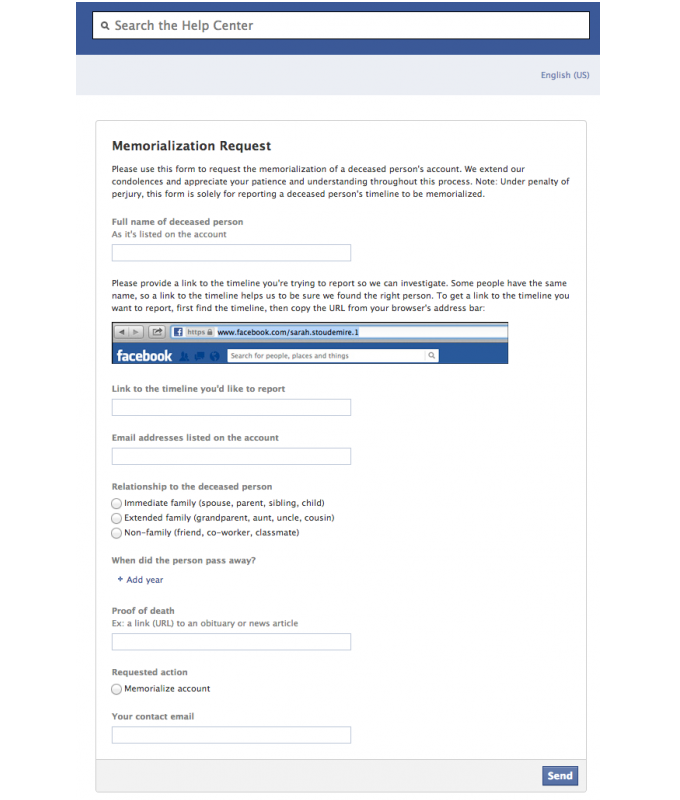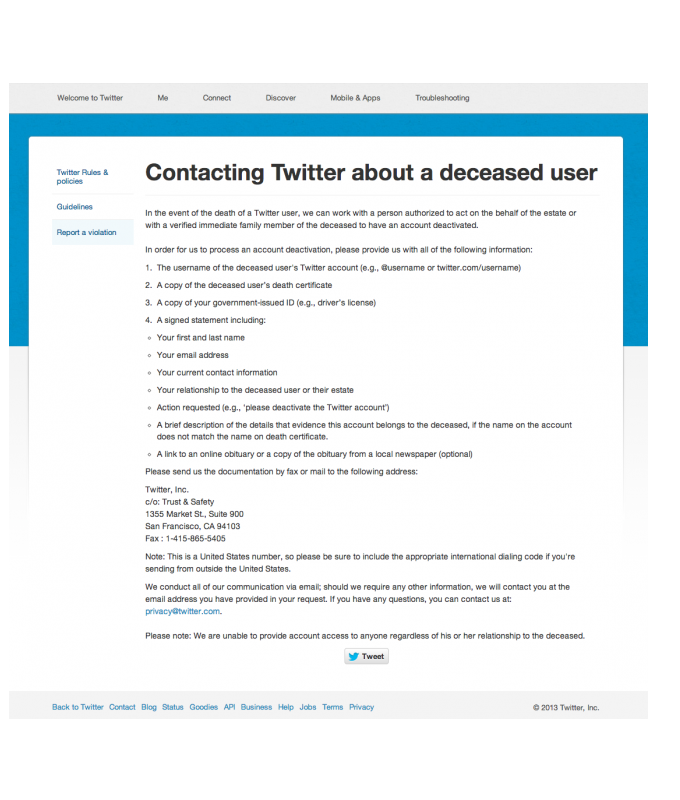Digital Ancestry: Social Media as a Historic Database?
As we curate our digital lives on a daily basis, we are creating historic archives of our lives forever. If one hundred years from today it’s still as widely used, Facebook may well want to think about introducing family trees including deceased members.
Future generations will have an infinite and rich array of digital media and past recordings including personal and global news and events.
It’s an incredible thought to imagine flicking through your grandparents’ Second World War images on Facebook (or perhaps a centralised database); let alone your great, great, great grandparents’ images of holidays or friends, days out, and weddings from the 1700s.
Not so long from now, families will be looking back at our current recordings of life as historic events and building ideas of their ancestors personalities from the content we are sharing online now.
You might want to reconsider uploading those #YOLO pictures from Saturday night – they could define you forever.
As we all become content producers of our own worlds, more and more information about our lives will become available to future generations. How will social media impact how this is monitored and archived?
Respecting Memory
The ‘memorialisation’ of Facebook profiles has been in the press over the past few weeks particularly in the wake of Facebook’s 10 year video last month. Tied in with legal issues and ethical questions, how we leave our digital presence behind us is a thought-provoking question.
As a society in the West, we’re incredibly disassociated from the concept of death and have been separated from the realities of what happens when we are deceased. Compared to even as little as five hundred years ago, let alone two hundred years, we have become hugely detached from dealing with death.
The memorialisation request process (below) requires a ‘proof of death’ link to an obituary or news article about the person’s death. What a truly digital world we now live in.
Both Facebook and Twitter have designated spaces explaining the protocol for profile removal or ‘memorialisation’.

The memorialisation process, as well as the controversies that have come with it have opened up some fascinating questions and ideas about how future generations, hundreds and thousands of years from today will look back at their ancestry.

Fast forward a couple of hundred years from now, or maybe even as much as a millenium. Future generations of your great grandchildren will be learning about who you were, where you went, who your friends were and what you did. It’s an amazing thought to be able to view ancestors lives hundreds of years after they’ve deceased.
Your Digital Footprint
What digital footprint are you leaving for future generations? Facebook? YouTube? Google+? Twitter? Linkedin? A personal blog or website? The internet has allowed us to upload such rich content (images, video) and with accessibility and mobile devices beginning to dominate, more and more types of content will find its way online.
While it is an incredible thought that future generations will know more about their ancestors and generations before them through accessing digital content, how will this content be made available? Will it:
- Be archived to a central database?
- Still be available on Facebook (or it’s evolved equivalent)?
- Become part of a family’s legal possession?
A Facebook Family Ancestry?
Facebook already has family tree applications that users can use and enjoy to tag in relatives from across the family, but what if it brings in its own family tree ancestry options in the future? And most notably could become an ongoing family tree that is consistently built and edited for hundreds of years.
Some big questions immediately emerge:
- How will users feel about deceased family members being part of the tree?
- Is it because Facebook is a present and live tool that means users might be sensitive to a historical archive of deceased family members?
But at the same time there are big positives to take from this idea:
- The opportunity to discover relatives generations before you and discover their interests, passions and lifestyle.
- An opportunity to remember loved ones and review pictures and celebrate their life.
- The chance to bring together family in a digital environment.
However at the same time these are purely subjective thoughts and every individual has his/her own perspective on death and remembrance.
Is there room for remembrance and family ancestry through social media platforms?
What do you think?
Would you be happy for a digital archive of your digital footprint to be online forever for future generations to see who you were, where you went, and what you did?
Let us know in the comments section below or on Twitter (and add to your digital footprint!)